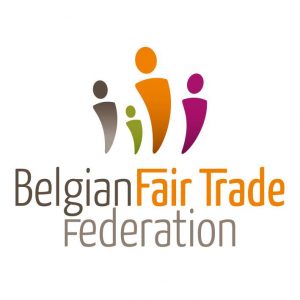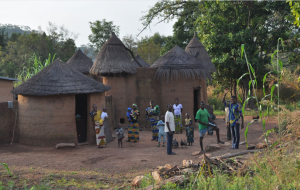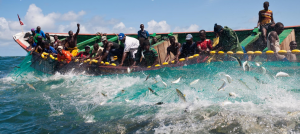
Belgian Fair Trade Federation: united we stand, united we fall
The Belgian Fair Trade Federation (BFTF) defines itself as the Belgian platform for fair trade. Brought to the baptismal font in 2010 after two years of gestation, it brings together 13 full members and 4 observer members.










